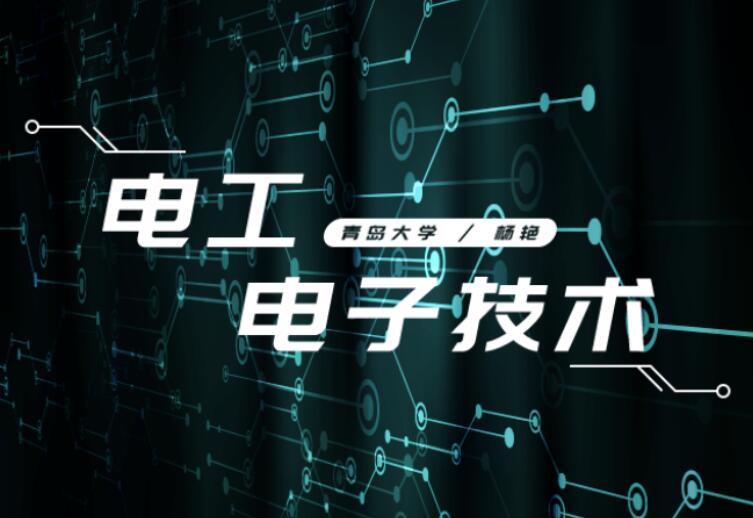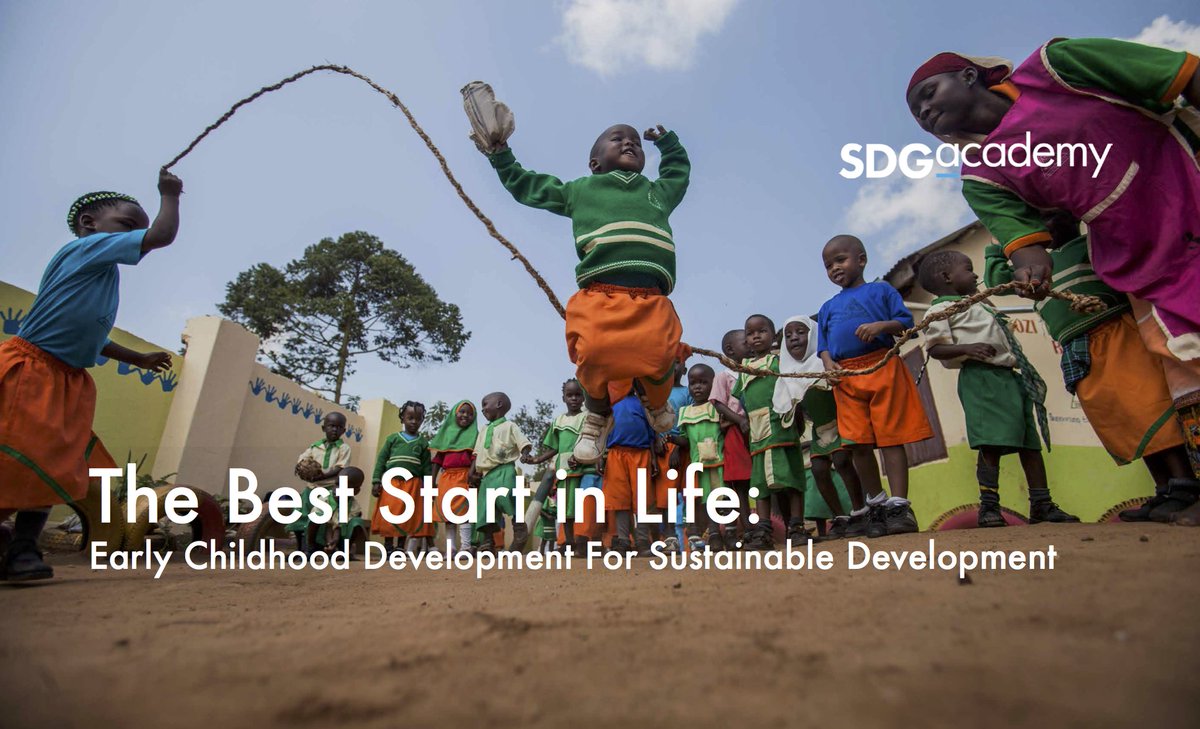
当前课程知识点:Climate Change Science and Negotiations > Welcome to the Course > Introduction > Introduction
返回《Climate Change Science and Negotiations》慕课在线视频课程列表
Welcome to this course on Climate Change Science and Negotiations!
This course is self-paced, which means you can complete the content anytime. This run of the course will close on December 30, 2018 -- so be sure to complete all materials by then! A new run of this course -- with updated content -- will begin in January 2019.
Please read the Course Overview page for more information about course engagement, the grading policy, and more.
And don't forget to introduce yourself! You join this course not only to learn about the topics in the fields but also to build and expand your social and professional networks. To do so, sharing something about yourself with other learners is often an effective way to make contact. Besides, knowing more about someone’s background, objectives etc. provide the necessary context to better appreciate their postings and comments. Go to the Discussions tab and select “Self-Introduction” by clicking “New Post”, then enter some information (e.g. your background, reason for taking this course, things you hope to learn, people you hope to connect with, etc.) about yourself.
Are you new to edX? Please take 10 minutes to watch edX Demo 101, which is a fun and interactive way to learn about the edX user experience.
If you have questions at any point throughout the course, you can get in touch with us in the following ways:
Course content issues (questions about assessments and lectures) should be emailed directly to [email protected], using the subject line "CCSN Course."
edX Technical issues should be directed to the Student Support Team via the Help button at the top of your screen.
Happy learning!
返回《Climate Change Science and Negotiations》慕课在线视频列表
-Introduction
-Pre-Course Survey
-Video Lectures
--The Challenge of Human Induced Climate Change
--The History of Climate Change Science
-Course Readings and Graphs
-Week 1 Quiz
-Video Lectures
--The Greenhouse Gases and Feedbacks
--Other Drivers of Climate Change
--Recent History of Climate Change
-Course Readings and Graphs
-Week 2 Quiz
-Welcome Message from Emmanuel Guerin
--Welcome Message from Emmanuel Guerin
-Video Lectures
--The Business as Usual Trajectory
--The Consequences of the Business as Usual Trajectory
-- Limiting the Mean Surface Temperature Increase Below 2- Degrees Celsius vs. Pre-Industrial Levels
--Debates Over the 2-Degree Celsius Limit
-Course Readings and Graphs
-Week 3 Quiz
-Video Lectures
--What is the Global Carbon Budget for the 2-Degree Limit?
--What is the Global Emissions Reduction Pathway for the 2-Degree Limit?
--How Does it Compare with the Potential Emissions from Fossil Fuel Reserves and Resources?
-Course Readings and Graphs
-Week 4 Quiz
-Video Lectures
--Energy-Related CO2 Emissions Trends
--The 3 Pillars of the Deep Decarbonization of Energy Systems
--A Global Mitigation Scenario
-Course Readings and Graphs
-Week 5 Quiz
-Video Lectures
--The Need for Accelerated Development of Low-Carbon Technologies/Key Technologies for RDD&D
--Grid Management of Power Systems with High Penetration of Renewable Energies
--Carbon Capture & Sequestration
--Electric Vehicles and Advanced Biofuels
--The Role of Technology Roadmaps and Roundtables
-Course Readings and Graphs
-Week 6 Quiz
-Video Lectures
--Why Countries Need Deep Decarbonization Pathways to 2050
--The Deep Decarbonization Pathways Project
--What We Learn From Country-Level Deep Decarbonization Pathways
--Lessons for the Global Agreement on Climate Change at COP21 in Paris in 2015
-Course Readings and Graphs
-Week 7 Quiz
-Video Lectures
--A World Without Modern Energy
--How Climate Change Threatens the Poorest of the Poor
-Course Readings and Graphs
-Week 8 Quiz
-Video Lectures
--Basic Principles of a Global Agreement
--Problem-Solving Versus Negotiating
-Course Readings and Graphs
-Week 9 Quiz
-Video Lectures
--The Three-Tiered Structure of Mitigation Commitments
--Can Everybody Win? Should Everybody Win?
--Achieving Large Global Goals
-Course Readings and Graphs
-Final Exam
-Post-Course Survey
--Survey

